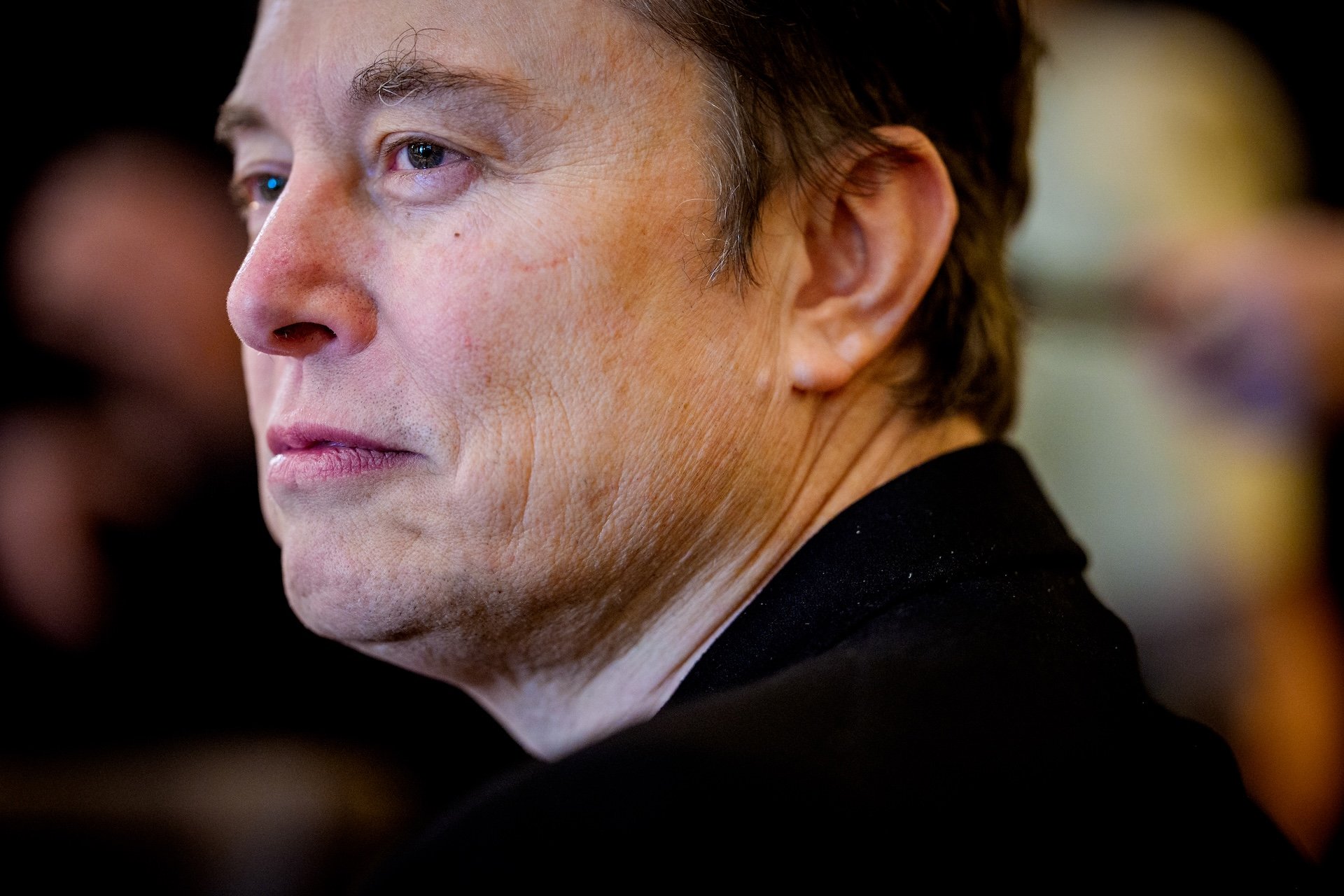Elon Musk’s SpaceX, a leader in commercial spaceflight since its inception in 2002, may have significantly benefitted from federal tax avoidance strategies, according to a recent investigation. Documents reviewed by The New York Times indicate that the company has utilized net operating loss (NOL) carryforwards, allowing it to offset future taxable income with past losses. By the end of 2021, SpaceX reportedly accumulated nearly $5.4 billion in tax losses, enabling it to avoid federal taxes on an equivalent amount of future income.
This tax provision, available to all companies, became more advantageous when former President Donald Trump eliminated its expiration date in 2017. The analysis suggests that SpaceX could continue applying past losses against future taxable income indefinitely, potentially utilizing close to $3 billion in losses without a time limit.
Despite requests for comment, SpaceX did not respond to inquiries by Gizmodo at the time of publication. In June 2023, Musk stated on X, his social media platform, that SpaceX’s revenue is projected to surpass NASA’s total budget next year, reaching an anticipated $15.5 billion. The company’s revenue for 2024 was estimated at $13.1 billion, marking a substantial increase from $8.7 billion in 2023, as reported by Payload.
SpaceX’s growth has been closely intertwined with significant federal funding, which has played a crucial role in its rise. A Washington Post analysis from February revealed that Musk and his various businesses have received at least $38 billion in government contracts, loans, subsidies, and tax credits over the past two decades. Additionally, there are 52 ongoing contracts across seven federal agencies—including NASA, the Department of Defense, and the General Services Administration—that could yield Musk’s companies an extra $11.8 billion in the coming years.
A deep dive into the financial documents indicates that approximately 84% of SpaceX’s revenue in 2020 and 76% in 2021 derived from federal contracts. Tax experts highlighted that avoiding more than $5 billion in federal income taxes is significant, especially for a company so reliant on government funding.
While SpaceX has reportedly paid some taxes to foreign and state governments since its founding, it appears to have avoided federal taxes entirely. This situation raises concerns about a company that has prospered from substantial federal investment while contributing minimally back to public finances. Given its integral role in the U.S. space economy and national defense, it seems unlikely that this dynamic will change in the near future.
As SpaceX continues to expand its operations and revenue streams, scrutiny over its tax practices and reliance on federal contracts will likely intensify. The implications of this relationship between a major private enterprise and government funding remain a critical point of discussion in the ongoing discourse about corporate responsibility and tax equity.
